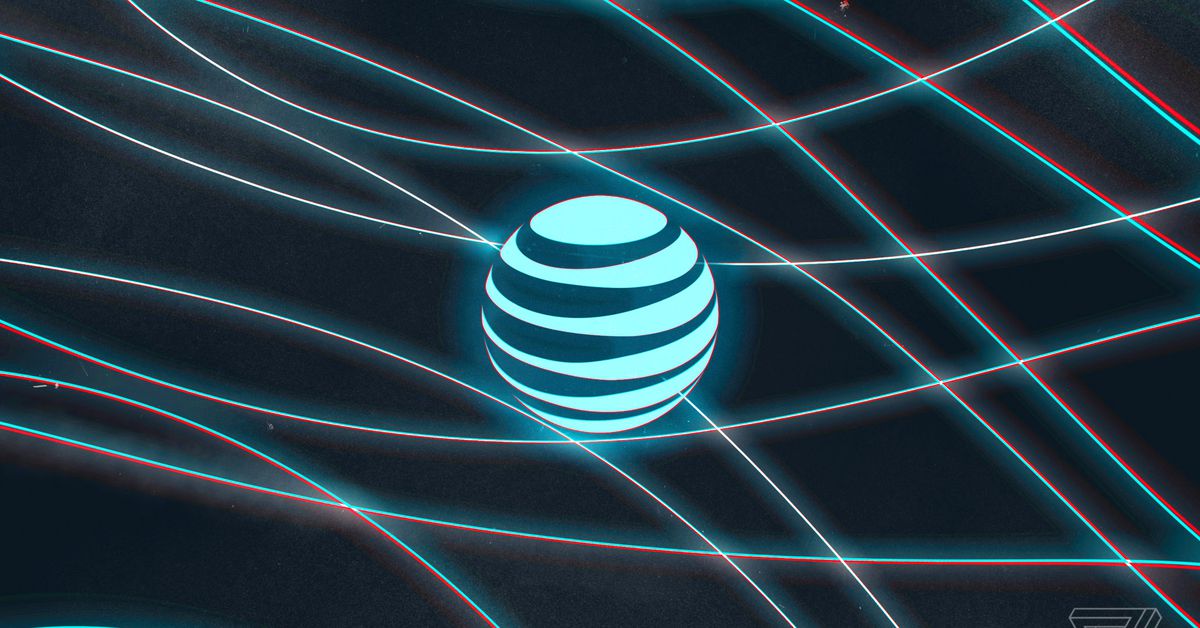AT&T’s TV business took an enormous hit last quarter, losing nearly 1.4 million subscribers — an increase of around 1 million from the same quarter the prior year. Both sides of AT&T’s TV business were to blame: AT&T TV Now, the company’s streaming service, has been losing subscribers since the end of 2018, while AT&T’s traditional TV services saw already large losses grow by more than 3x year over year.
Traditional TV businesses have been struggling across the industry, so AT&T isn’t alone in dealing with growing subscriber losses. But the company finds itself in a bad spot with its would-be replacement option — AT&T TV Now — already shrinking after just a few years on the market. The service, originally called DirecTV Now, peaked at around 1.9 million subscribers in the third quarter of last year, but it’s seen net losses in the tens or hundreds of thousands in the four quarters since. It’s suffered from customer complaints and bad reviews since launch.
A large activist investor firm, Elliott Management, bought a stake in AT&T last quarter and issued a scathing letter particularly criticizing AT&T’s recent efforts in TV and entertainment. The firm said AT&T’s acquisition of DirecTV was poorly timed, coming at the “absolute peak of the linear TV market.” It also said that after almost two years of ownership, AT&T had “yet to articulate a clear strategic rationale” for its purchase of Time Warner, which includes HBO, Warner Bros., and CNN.
In today’s earnings release, AT&T makes a number of projections and announcements that seek to appease Elliott and improve its outlook. For one, it says that AT&T’s current CEO and chairman, Randall Stephenson, will remain on the job through 2020, but that succession planning will begin then and the CEO and chairman roles will be split to remove some of the position’s power.
AT&T also issued a three-year outlook, which includes paying off all of the debt it took on to buy Time Warner, making no major acquisitions, selling off unimportant assets, adding two new directors to its board, and just generally making more money, which is ultimately what Elliott wanted. Exactly how AT&T will make that money isn’t really clear beyond the company saying its numbers will get better. (There’s some talk about “synergies” with WarnerMedia and “organic growth opportunities.”)
After initially issuing a cool response to Elliott’s letter, Stephenson now says he finds Elliott’s team to be “constructive and helpful.” Elliott issued a new letter this morning in support of AT&T’s announced changes, saying the steps move it toward being a “faster-growing, more profitable, focused and shareholder-friendly company.”
